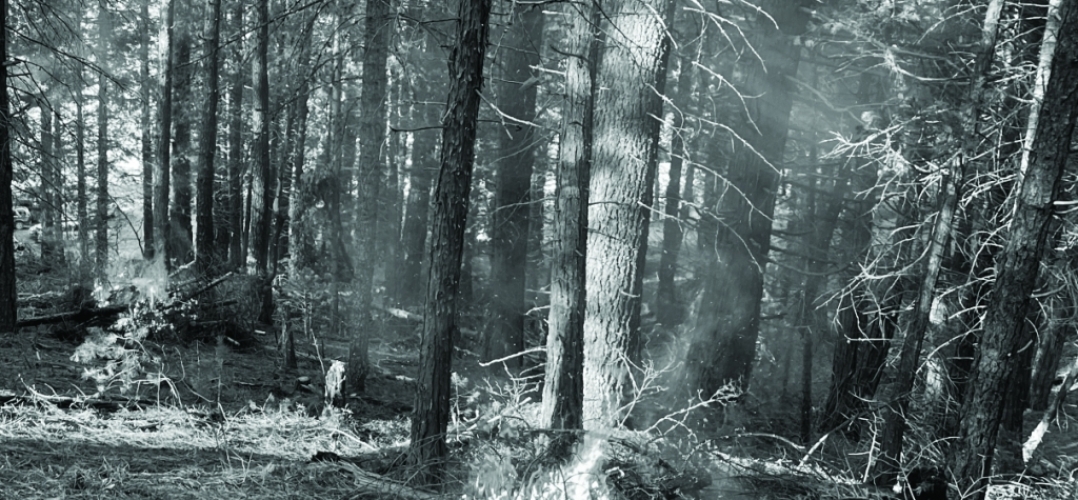Join our mailing list and receive invitations to our events and updates on our research in your inbox.
News + Events

Reclaiming the Rain: Film Screening and Panel Discussion
Wednesday, March 25, 2026, 4:30 PM - 6:30 PM
- Fritz Steiner, Dean and Paley Professor, University of Pennsylvania Stuart Weitzman School of Design (moderator)
- Anne Whiston Spirn, Cecil and Ida Green Distinguished Professor of Landscape Architecture and Planning, Massachusetts Institute of Technology
- Howard Neukrug, Executive Director, The Water Center at Penn
- Michael Nutter, former Mayor of Philadelphia
- Marc Cammarata, Deputy Commissioner, Planning, Philadelphia Water Department
220 S 34th Street
Philadelphia, PA 19104
Register at the link below to attend.

Adventive America: Follow the Plants
Adventive America: Follow the Plants
Thursday, January 29, 2026 - Friday, January 30, 2026
An interdisciplinary symposium organized by Catherine Seavitt, Meyerson Professor and Chair of the Department of Landscape Architecture, Adventive America places the forthcoming 250th anniversary of the United States into a broader international context by examining plants and their agency in nation-building. This nontraditional lens explores collectors, collections, and global botanical exchanges between the United States, Indigenous nations, Britain, Spain, Japan, and China, from the early American republic to the present day. Whether shipped in transatlantic Bartram’s boxes in the eighteenth century, showcased at the 1876 Centennial Exposition at Philadelphia’s Fairmount Park, emergent in the weedy ballast grounds along the Delaware River, or exchanged as part of the traditional seed-saving practices of Indigenous peoples or immigrant communities, plants from around the globe serve as proxies for our own international migrations and as carriers of cultural meaning in our landscapes. “Following the plants” reveals fraught layers of transnational and ethnobotanical relations and upends false binaries of what it means to be native or alien, exotic or adventive, in the ongoing construction of nationhood.

Anne Whiston Spirn Lecture: Janet Echelman "Radical Softness"
Join the McHarg Center's second annual Anne Whiston Spirn lecture by artist Janet Echelman, who will present her recently published compendium Radical Softness: The Responsive Art of Janet Echelman.
Kleinman Energy Forum, Fisher Fine Arts Library, 4th Floor, 220 South 34th Street, Philadelphia

Designing for Fire
An interdisciplinary symposium that brings together experts from the worlds of wildfire adaptation, fire management, design, forest management and sustainable forestry to explore the interlinked challenges of designing and managing landscapes for fire resilience in the face of a changing climate. Organized by Assistant Professor of Landscape Architecture Nicholas Pevzner.